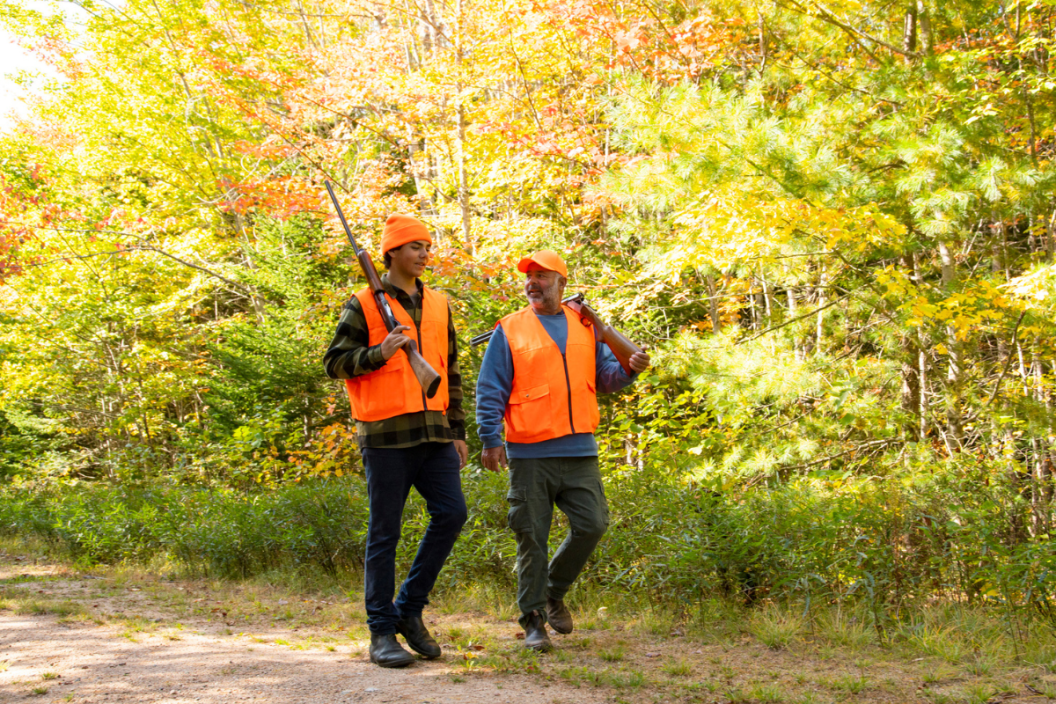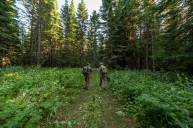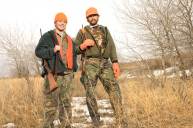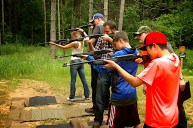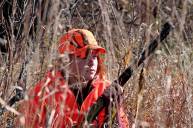Hunting participation is not as high as some would lead you to think. In fact, from my perspective, it's inching towards an endangered pastime. Sure, there are meaningful efforts being made, big companies and organizations are trying to raise awareness, and the convincing reasons to hunt are bountiful. But I think the biggest problem is this: we're short on hunting mentors.
Most experienced hunters are not going out of their way enough to teach others. I mean, I get it. Mentoring encroaches on precious hunting time, and we already know we get too little of it. But don't forget that most new hunters don't know many other people who hunt. Some go out on their own and get frustrated as they encounter barriers and suffer from lack of experience. That's no way to encourage consistent participation.
A mentor, in my eye, is a godsend. I was fortunate enough to have several mentors and learn from them while I was very young. Granted, they were my family members, folks I already loved and looked up to. Truth be told, hunting was a part of my life before I could even walk. But it was a privilege I took for granted for many years, and I was quick to be selfish with my time out in the field. Who wants to babysit a bumbling neophyte out in the wilderness, when you could be enjoying nature (and finding more success) on your own? I hate to admit it, but that was my mentality for quite some time.
That's backwards. No matter who you are or what level you've reached in your hunting experience, you can and should be a mentor. Even if you think you're just a regular dude, and certainly no teacher, that doesn't mean you can't serve some mentoring roles. Hunting has enhanced, and actually saved my life in many ways. Passing that on, no matter how unnatural or counterintuitive it might seem, is what the future of hunting hinges on.
Anyone Can Become a Hunting Mentor

Fertnig via Getty Images
My biggest hurdle to becoming a mentor was deciding if teaching someone how to hunt was even possible for me. It's not like I am some professional hunter with a bajillion hours in the field, a lineup of sponsorships, and a camera crew following me into the woods. At best, I considered myself a pretty average hunter. I initially thought people were looking for the "perfect" hunting mentor, and I was far from it. But I soon learned that was a lousy way of looking at things.
Not being perfect is actually what made me a good mentor. Being personable and patient is much more valuable to mentees than being a hunting machine that never misses a shot and knows all the answers. I miss many of my shots, don't have all the answers, and am the first to admit it! That makes me much more approachable. Novice hunters need to learn that hunting is not about being perfect. Some hunting days are great, and some suck. How you deal with that is vital. Encouraging a "learn from it" mentality helps a hunting mentee move forward and, eventually, mentor others in the future to do the same.
No matter what you might think, you are more than qualified to mentor someone as long as you have some hunting experience, whether it's one season or a few decades. I don't know many people who love a hobby but don't love to share it. Mentoring is a perfect opportunity to spread what you are passionate about. You also need to be willing and patient enough to teach someone, which is likely easier to unearth than you think.
How to Find a Mentee
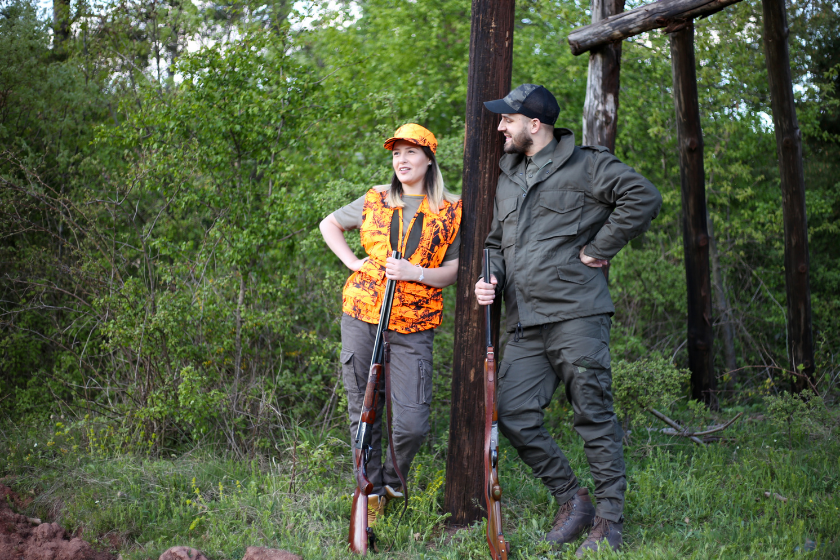
NSimages via Getty Images
Once you've decided you are fit to be a hunting mentor, efforts should shift to the matter of finding someone new and eager. Truthfully, mentees are everywhere, and probably reach higher numbers in your social circle or regional community than you realize. I have met mentees at hunting events, through friends, or via social media. Once people know you are open to mentoring, they come out of the woodwork like termites. That doesn't mean you should pick a dozen mentees and take a day trip out into the field with all of them. A one-on-one approach is far more ideal, especially to start out. It's more personal that way, and you can give your undivided attention to that person. It's honestly a little safer, too. When you have firearms, bows, hunting knives, remote areas, outdoor hazards, and a relatively new hunter on your hands, it's best to play it safe.
I suggest meeting potential mentees in person and in a comfortable, familiar location before ever taking them to the woods or field. Talk with them and really try to get to know them. Understand their limitations and set expectations. Honestly, it's a lot like dating. Personality and energy levels should be compatible. I know some people may disagree with this, but I firmly believe you need to vibe with the person you mentor. I think this is important to establish before even agreeing to mentor someone. You don't have to be identical, and in fact a little difference between a mentor and mentee is a great thing. But if you don't think you can realistically work with a person, it's certainly good to figure that out before you're sitting in a duck blind together at 5:00 in the morning.
Good Hunting Mentors Make Plans
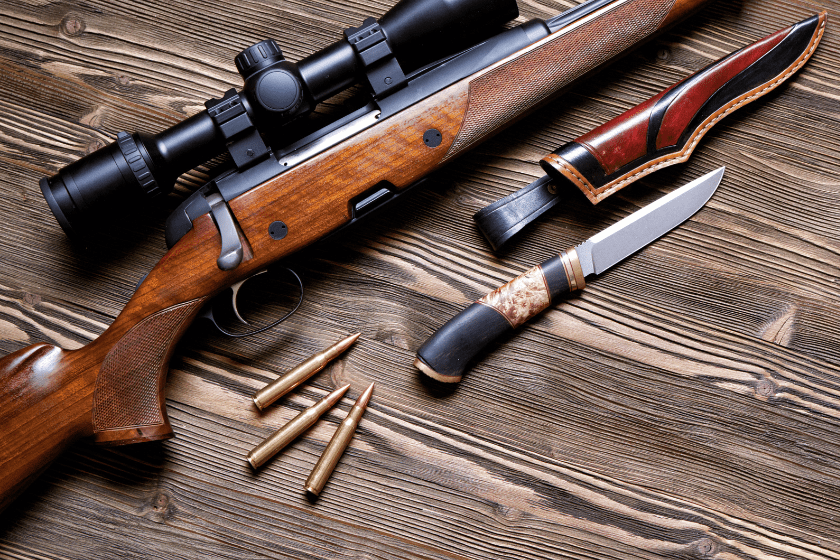
K_E_N via Getty Images
Nothing will ruin your day more than not planning. Map out your trip with your mentor accordingly. Make sure they know what gear to bring and have all their needed licenses, tags, and permits. And like with any hunting, scouting ahead of the season is a great idea. You can't promise that your mentee will harvest their first animal on these trips, but you can minimize disappointment by doing your due diligence. Be sure your mentee is prepared by minimizing surprises and reviewing game plans.
Also, you can't forget that safety is everything. Turn yourself into a human hunter safety course. I am quick to gently correct any safety transgressions, especially when firearms are involved. Safety must be second nature. No ifs. No buts. I am not going to be passive-aggressive, and neither should any hunting mentor. That said, I treat all mentees like they are guests in my home. They get the red carpet, and I am there to make things easy for them by creating a welcoming and safe environment. Mentees are my responsibility, and their well-being is essential to me.
Hunting Mentor First, Hunter Second
When you take a mentee out, especially for the first time, you should put your needs and wants aside. You're there to pour knowledge into someone else's cup. I can remember quail hunting with a newbie, and as I directed him to move downhill a bit, the area exploded with a covey of quail. He stood dumbfounded for too long, and eventually took a few half-assed shots that missed badly. I found it hard not to take shots myself, but as I directed him to where singles had landed he eventually connected on a few. It was a good learning experience for my mentee and a great lesson in selflessness and patience for myself. I eventually got my chance to take a double a little later that day, proving that patience really does pay off.
Seeing your mentee succeed under your guidance is the best feeling. Nothing ignites pride like seeing things click in their eyes, knowing that the lightbulb is turned on and hopefully will never shut off. Knowing you had a hand in their first few steps in a long journey into hunting is really what it is all about.
In truth, I don't think everyone has be a mentor, but I believe that anyone can be a good one with the right mindset. If you give it a try, you'll be doing your part to pass on knowledge and love, and encouraging the longevity of the activity as a whole. If we don't get more folks into it, it won't be the same by the time we're done.
